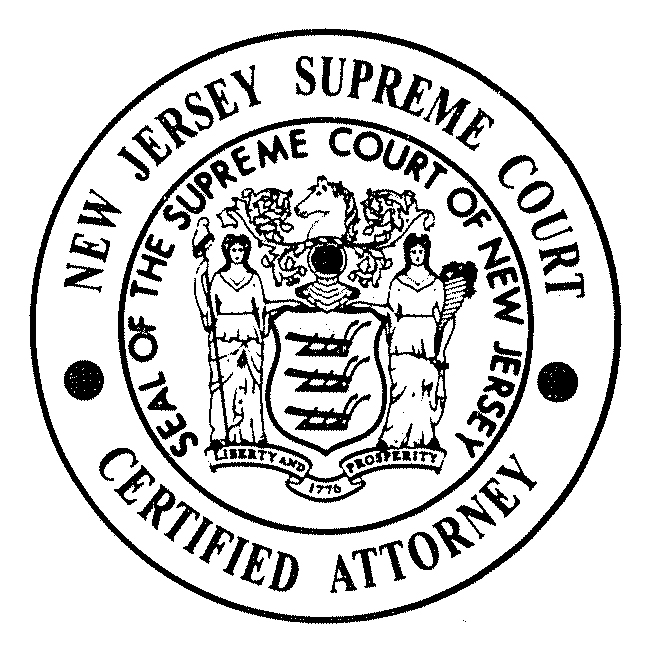NJ Lawmakers Make It Easier to Expunge a Criminal Record
NJ Gov. Chris Christie recently signed off on A206, a bill that will make it easier for some individuals in New Jersey with criminal records to get those records expunged and move on with their lives.
Expunging a Felony
Under previous New Jersey law, a person who had been arrested or convicted of a felony-level crime had to wait a specified period of time – typically 10 years – before seeking to remove the arrest or conviction from their record. Whether the individual was sentenced to prison time, probation or parole, or ordered to pay a fine, it may now be possible for them to file a petition for expungement at a much earlier date.
Specifically, the new law, passed by New Jersey legislators last year and recently signed into law by Gov. Christie, reduces the mandatory waiting period for seeking an expungement from 10 years from the date of conviction (or release from prison, completion of probation or parole, or payment of fine) to just five years from the date of conviction or release from prison. In other words: the new law cuts in half the waiting period for convicted criminals who want to clear their record of a conviction.
Additionally, NJ legislators made sure to include a provision that allows certain drug offenders to seek expungement, so long as they successfully complete the requirements of NJ Drug Court.
Although the new law makes it easier for people convicted of certain felonies to seek expungement, it does not alter the minimum standards for getting a criminal conviction expunged from a person's record. For example, anyone convicted of a violent crime, such as robbery, kidnapping and most sexual offenses, is still not eligible to apply for expungement.
Expunging a Disorderly Persons Offense
For individuals who have been convicted of a misdemeanor-level offense, typically referred to as a disorderly persons offense or a petty disorderly persons offense in New Jersey, the waiting period for applying for an expungement is also significantly reduced under the new law.
Common examples of these lower-level offenses in New Jersey include simple possession of marijuana, simple assault and harassment. The new bill signed into law by Gov. Christie changes the mandatory waiting period for filing for an expungement of a disorderly persons offense from five years to three years.
Serious traffic offenses, including DUI/DWI, are not eligible for expungement because NJ only permits expungement of certain criminal convictions.
Since DPs and petty DPs don't typically result in jail time, it makes sense that offenders should not be required to wait as long as five years just to clear their records of a past mistake. The reality is that even a misdemeanor conviction can tarnish your record and make it very difficult for you to get a quality job or secure affordable housing in the future. That's why it is crucial for you to have a qualified criminal defense lawyer by your side throughout the process, including during the post-conviction expungement process.
To learn more about the NJ expungement process going forward, read the New Jersey Law Journal article, “Christie OKs Measure Easing Expungement.â€
If you or a loved one has been convicted of a crime in New Jersey and is looking to get the conviction expunged, it will be advantageous for you to have a qualified criminal defense attorney assisting you. The experienced criminal defense attorneys at Lombardi and Lombardi, P.A.can help you clear your record of an arrest or conviction. Contact us today to schedule a free consultation about your case.






